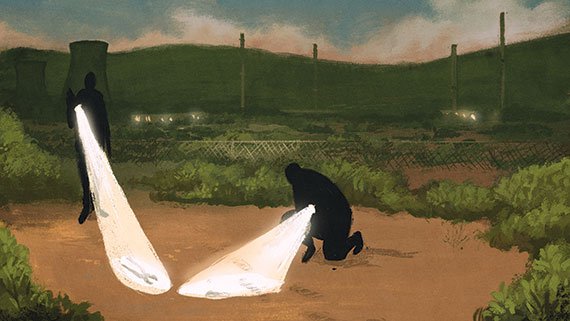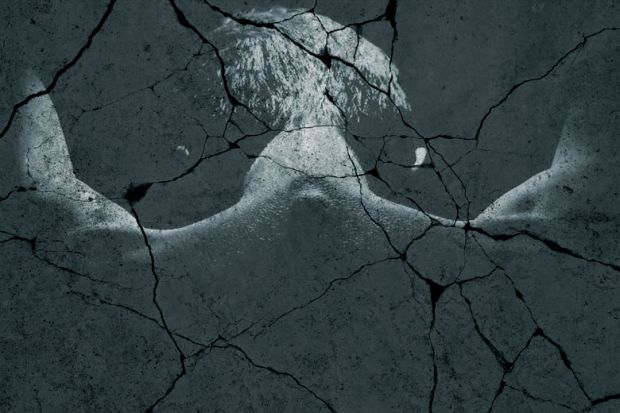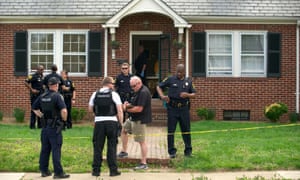Commentary: What the candidates didn’t say about nukes
This year's presidential campaign has featured relatively little detailed discussion of nuclear policy. That changed—a little—in Monday night's debate.The final segment of the Hillary Clinton-Donald Trump debate, vaguely titled "Securing America," focused in significant part on the nuclear threat. The discussion--directed largely by the candidates themselves--was substantive. And because both candidates have political reasons to continue to address the existential threat of nuclear weapons, the debate could serve as a much-needed starting point for elaborating on the topic during the remaining two presidential debates.
Monday’s nuclear discussion grew out of a question about cyber security that gradually morphed into arguments about the best ways to combat Islamic State. Clinton suggested that to protect the American people from terrorism, the United States needed an "intelligence surge" that required cooperation with U.S. allies. "We're working with NATO, the longest (lived) military alliance in the history of the world, to really turn our attention to terrorism. We're working with our friends in the Middle East, many of which, as you know, are Muslim-majority nations," Clinton said. "Donald has consistently insulted Muslims abroad, Muslims at home, when we need to be cooperating with Muslim nations and the American Muslim community."


















